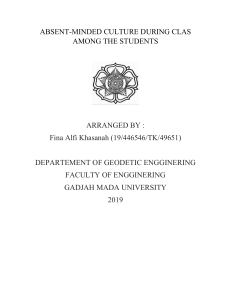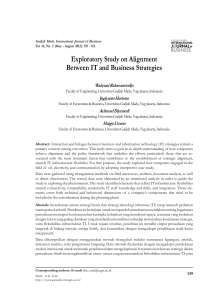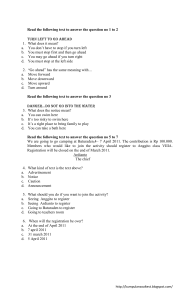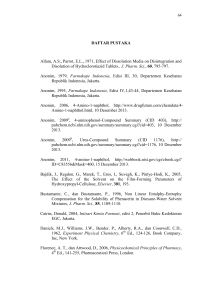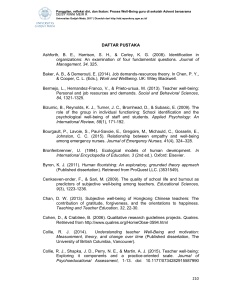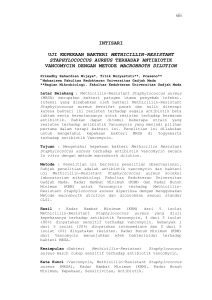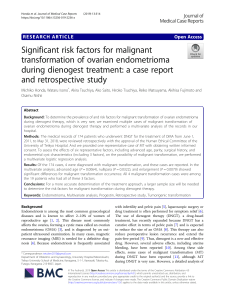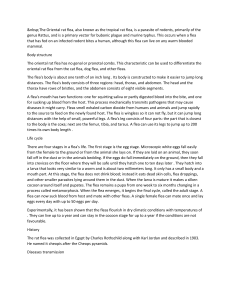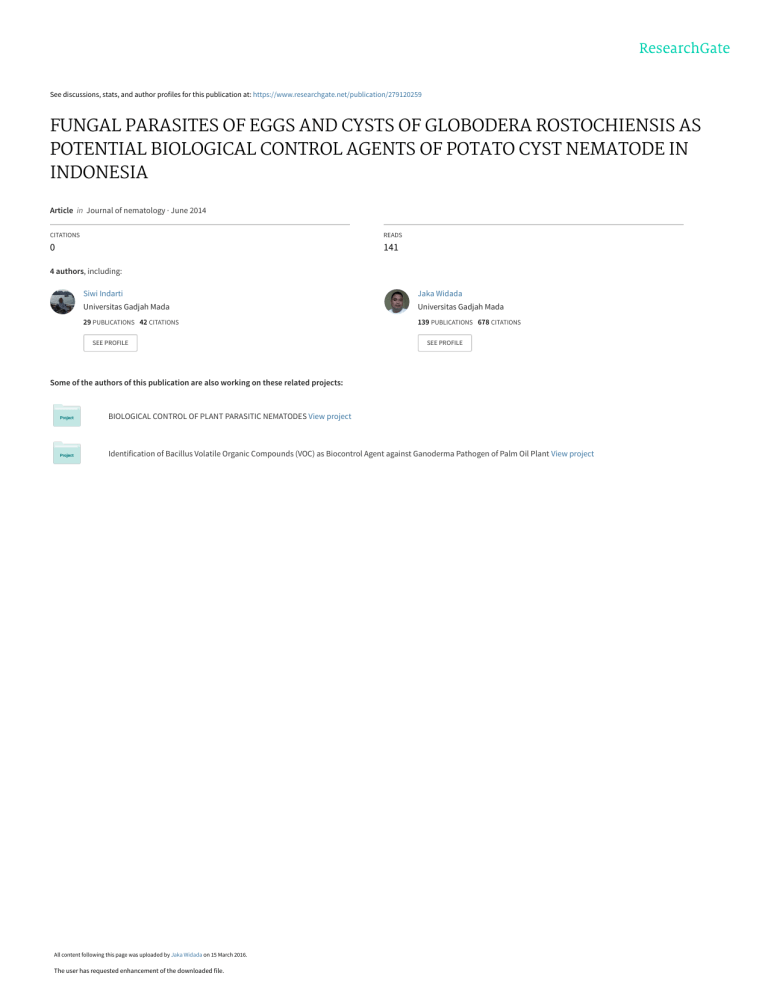
See discussions, stats, and author profiles for this publication at: https://www.researchgate.net/publication/279120259 FUNGAL PARASITES OF EGGS AND CYSTS OF GLOBODERA ROSTOCHIENSIS AS POTENTIAL BIOLOGICAL CONTROL AGENTS OF POTATO CYST NEMATODE IN INDONESIA Article in Journal of nematology · June 2014 CITATIONS READS 0 141 4 authors, including: Siwi Indarti Jaka Widada Universitas Gadjah Mada Universitas Gadjah Mada 29 PUBLICATIONS 42 CITATIONS 139 PUBLICATIONS 678 CITATIONS SEE PROFILE SEE PROFILE Some of the authors of this publication are also working on these related projects: BIOLOGICAL CONTROL OF PLANT PARASITIC NEMATODES View project Identification of Bacillus Volatile Organic Compounds (VOC) as Biocontrol Agent against Ganoderma Pathogen of Palm Oil Plant View project All content following this page was uploaded by Jaka Widada on 15 March 2016. The user has requested enhancement of the downloaded file. FUNGAL PARASITES OF EGGS AND CYSTS OF GLOBODERA ROSTOCHIENSIS AS POTENTIAL BIOLOGICAL CONTROL AGENTS OF POTATO CYST NEMATODE IN INDONESIA. Indarti, S., Mulyadi, D. Widiayanto and J. Widada. Agriculture Faculty of Gadjah Mada University, Bulaksumur, Yogyakarta 55281, Indonesia. Globodera rostochiensis produces considerable damage in potato production areas in Indonesia, and the infested area continues to increase each year. Potato cyst nematodes (PCN) is difficult to control because the cyst protects the eggs from unfavourable environmental conditions allowing the eggs to survive for years, and hatch only in the presence of host root exudates. The aim of this research was to develop biocontrol agents using fungal parasites of eggs and cysts, isolated from soil found to be suppressive to PCN. The research was carried out in three stages: 1) identification of the soil that had the ability to suppress the development of PCN and analysis of antagonistic activity of fungi potentially involved in the suppression of nematode populations, 2) isolation of fungi and testing their ability to parasitize PCN eggs and cysts and 3) testing the effectiveness of the fungi to control nematode populations in laboratory and pot trials, thus at mesocosm as well as macrocosm levels. PCN infested soils with ability to suppress PCN multiplication were found in Central Java, Indonesia. Twelve fungal isolates with the ability to parasitise more than 50 % of the PCN cysts and with extracellular proteolytic activity were isolated from these locations. These fungi gave effective control to PCN populations in laboratory and pot trials compared to untreated treatments. The best performing isolate of this group suppressed the PCN cyst multiplication by 2.4 times (30.07 cysts/ 100 g soil compared with 73.53 cysts/ 100 g soil on control or without fungal treatment). Tuber yield from treated plants were also 1.6 times higher than the control. View publication stats
